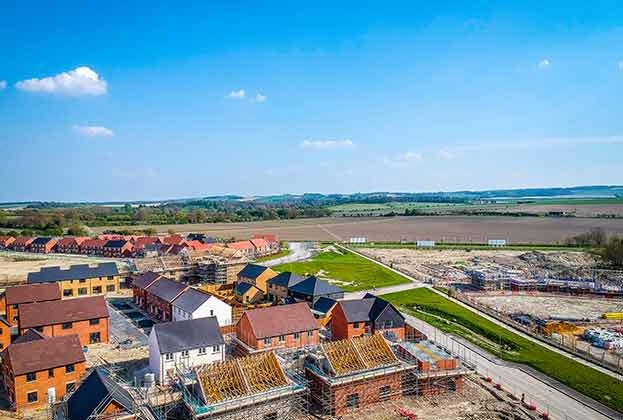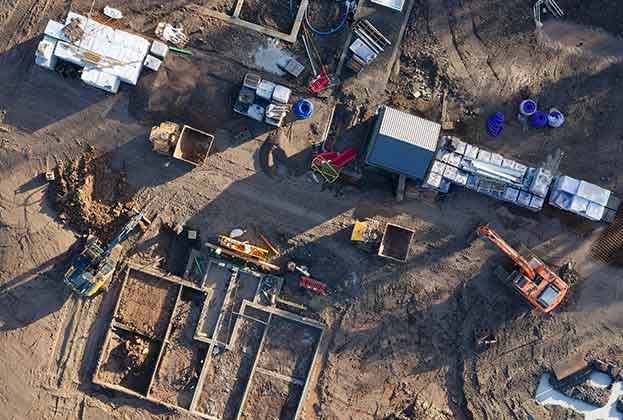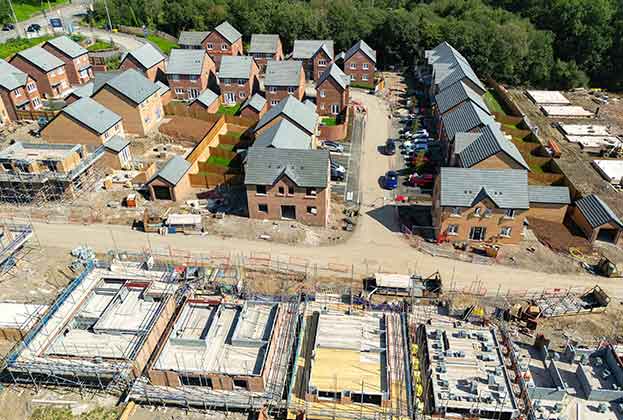Nationally significant infrastructure projects, or NSIPs, are large-scale projects including many new power stations, wind farms, railways and harbours.
By their very nature, these are complicated, long-term endeavours. From conception to operation to decommissioning, their life cycle may stretch to decades or longer. For example, waste or power generation infrastructure could take five to 15 years to plan and construct, with decommissioning built into the planning permission for when it reaches end of life.
Taking an even longer view, the London sewers, built in 1866, and much of the railway network, dating back to 1825, remain in daily use.
NSIPs begin with working out whether the idea is sustainable – does it meet a need, is there a commercial case for it and will it pay for itself? If the business case works, the project then goes into development, with planners well placed to manage the multifaceted consenting processes ahead.
Instead of coming under the Town and Country Planning Act, NSIPs are dealt with by the Planning Act 2008 with a separate process of decision making by central government. If projects comply with National Planning Statements it is a more certain process, compared with normal planning applications. This benefits all concerned, including local communities and developers.
Many of these large-scale projects require land assembly. As well as granting planning permission, development consent orders (DCOs) can grant rights to land, including acquisition. Taking such rights is a serious undertaking, involving every person with an interest in the land, as well as other stakeholders, before an application is submitted.
As a planner, I gain great satisfaction from seeing a project come to fruition. One of my first was a nuclear power station, Sizewell B in Suffolk, which was built in the early 1990s. This was the last new nuclear power station in this country before Hinkley Point C (HPC). A colleague has recently worked on HPC's related power lines project, helping the construction team understand planning requirements.
Due to the long-term nature of NSIPs, interpreting DCOs during project construction can occur a long time after they were drafted. Experience firsthand on the delivery of these schemes therefore proves invaluable when it comes to planning the next one.
Further information




.jpg)


.jpg)

.jpg)
